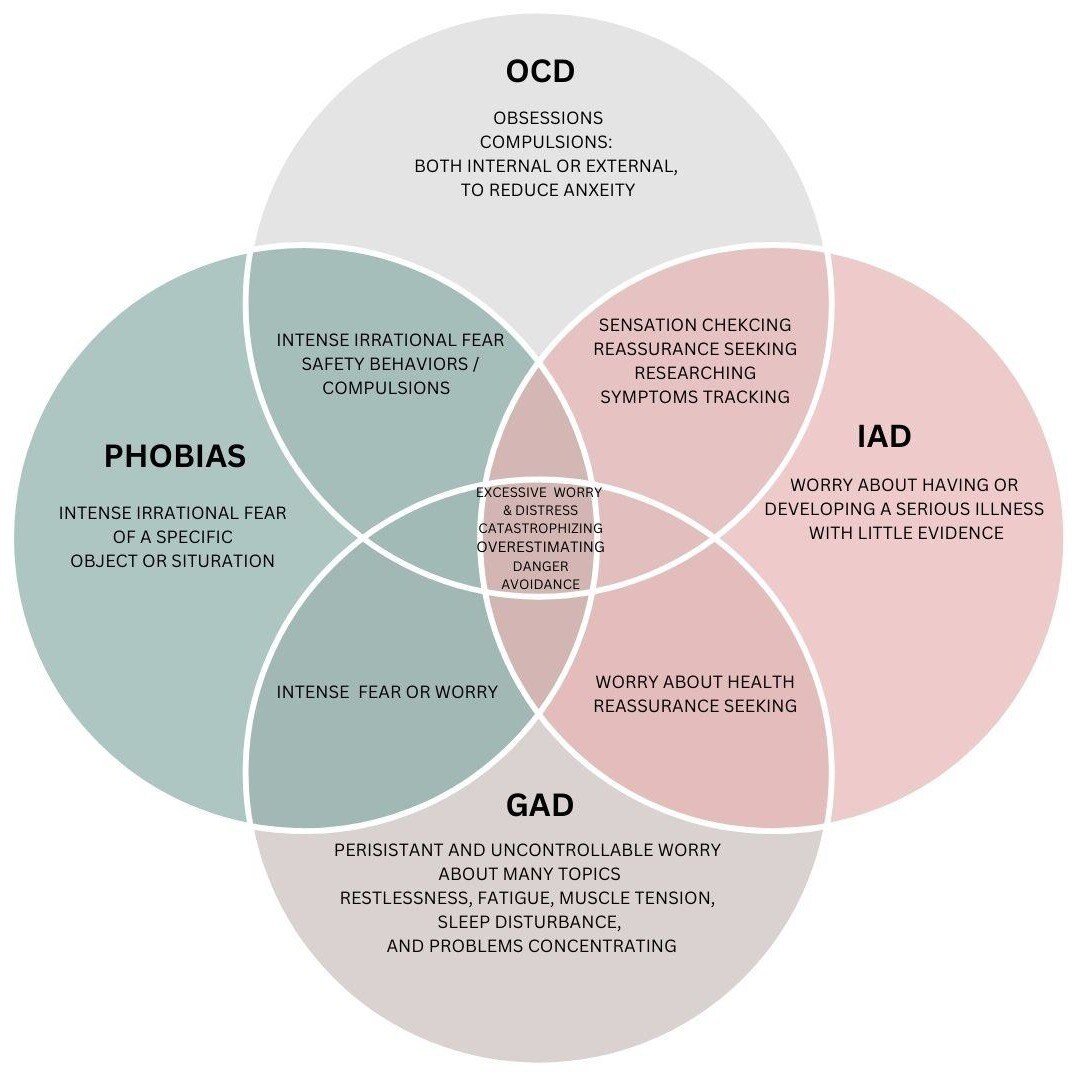Differentiating OCD and Anxiety Disorders
For therapists, grasping the nuanced distinctions between OCD and other anxiety disorders is vital for accurate diagnosis, leading to the most...
2 min read
KD Holmes, LPC
:
Apr 29, 2023 10:41:28 AM

As therapists, we often see a wide range of clients with varying backgrounds and experiences. However, one aspect that may be overlooked is neurodivergence. Neurodivergence is a term used to describe people whose neurological development and functioning might differ from what is commonly considered “neurotypical.”
Think of it like this - neurodivergent individuals tend to have brains that run a little differently and we must understand these differences.
As therapists, it's crucial that we are aware of neurodivergence and how it can affect our clients. This knowledge allows us to create more informed, empathetic, and effective therapy sessions. And let's be real, who doesn't want to be a more informed, empathetic and effective therapist? That's why most of us got into this profession, we care and we want to help.
So, let's dive into why understanding neurodivergence is so important. With 1 in 5 people globally identifying as neurodivergent, it's likely that you'll see clients in your therapy practice who identify as such. Not to mention the fact that neurodivergent individuals are often marginalized and face significant barriers in society. They are also more likely to have a trauma history that affects their current functioning. By understanding their needs, we can help to combat stigma and provide more inclusive and affirming environments.
Understanding neurodivergence also means recognizing the strengths and unique perspectives that neurodivergent individuals can bring. Many neurodivergent individuals have an intense focus and creativity that can be incredibly useful in therapy. By embracing these strengths, we can help to build more robust and holistic treatment plans.
Incorporating neurodiversity into our therapy practice is also an act of social justice. We can work towards creating a more inclusive and equitable society by challenging ableism and recognizing the value of neurodivergent individuals. Furthermore, by destigmatizing neurodivergence and promoting acceptance, we can create a more authentic and diverse therapeutic experience.
So, dear therapists, let's keep neurodivergence on our radars. By doing so, we can create better therapeutic experiences, promote social justice, and build more empathetic and inclusive communities. And ultimately create better outcomes for our clients!
Check out our Neurodivergence class for therapists by therapists.

For therapists, grasping the nuanced distinctions between OCD and other anxiety disorders is vital for accurate diagnosis, leading to the most...

In the world of mental health, the roles of Licensed Professional Counselors (LPCs) and Licensed Clinical Social Workers (LCSWs) are not just...

In the hushed confines of therapy rooms, where whispered truths echo and one's inner world unfolds, therapists often find themselves facing an...